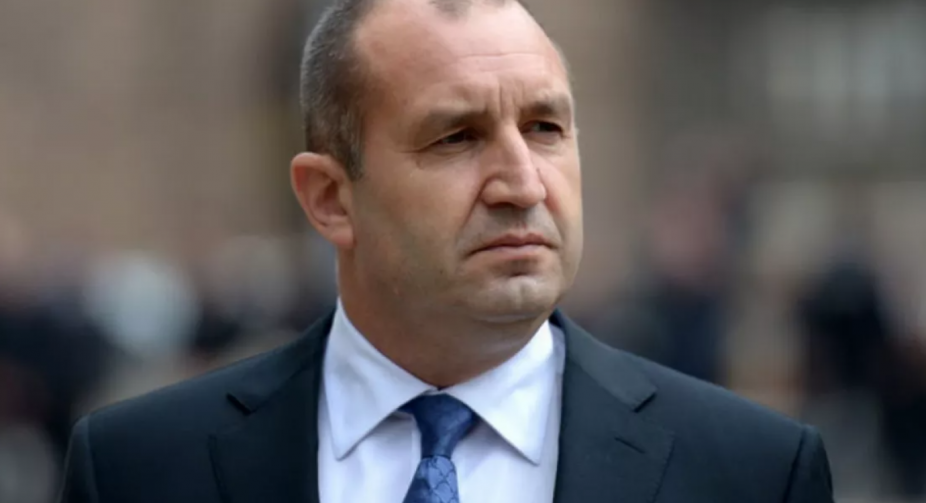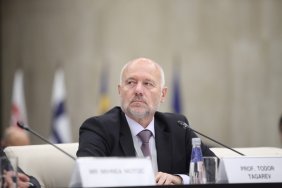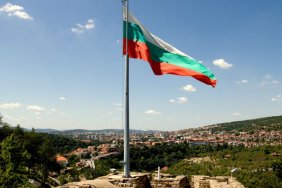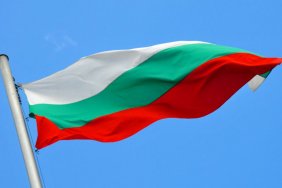Bulgaria will hold early elections in October if parliamentary parties fail to form a government.
This was announced by President Rumen Radev, reports Euractiv.
Bulgaria's political crisis began in June, when the populist There is Such a People party withdrew from the four-party governing coalition. The opposition GERB party, led by former Prime Minister Boyko Borisov, initiated a vote of no confidence, and Kirill Petkov's government was sent out of office.
The largest party in parliament, Change Continues, tried to form a new government, but failed to gather 121 deputies and decided not to propose a cabinet.
The president must now hand over the mandate to the second largest party, GERB. Borisov has already stated that his party will not attempt to form a government.
According to the constitution, the president chooses a third party regardless of the number of its deputies. If the third party fails, the president dissolves parliament, appoints an interim government and early elections. This must occur within two months of the dissolution of parliament.
On July 12, Radev said that if early elections were necessary, it would be advisable to hold them in early October so that the new parliament would have legitimacy. If elections are held in September, there is a risk of low voter turnout.
"According to the Constitution, I must immediately announce elections within two months. That means an election in September, which also carries a risk. But on the other hand, the excessive delaying of the government formation procedure leads to the temptation of managerial decisions and personnel reshuffles," Radev said.
He added that he will hand over the second mandate to GERB in the coming days. Radev stressed that in a few days before the end of July, parliament is expected to form a governing majority and pass important laws.
He pointed out that parties with ambitions to participate in the government should clearly announce what measures they propose. According to him, parties are drawing increasingly bold red lines among themselves, so it is becoming increasingly difficult to form a government after a possible early election.






